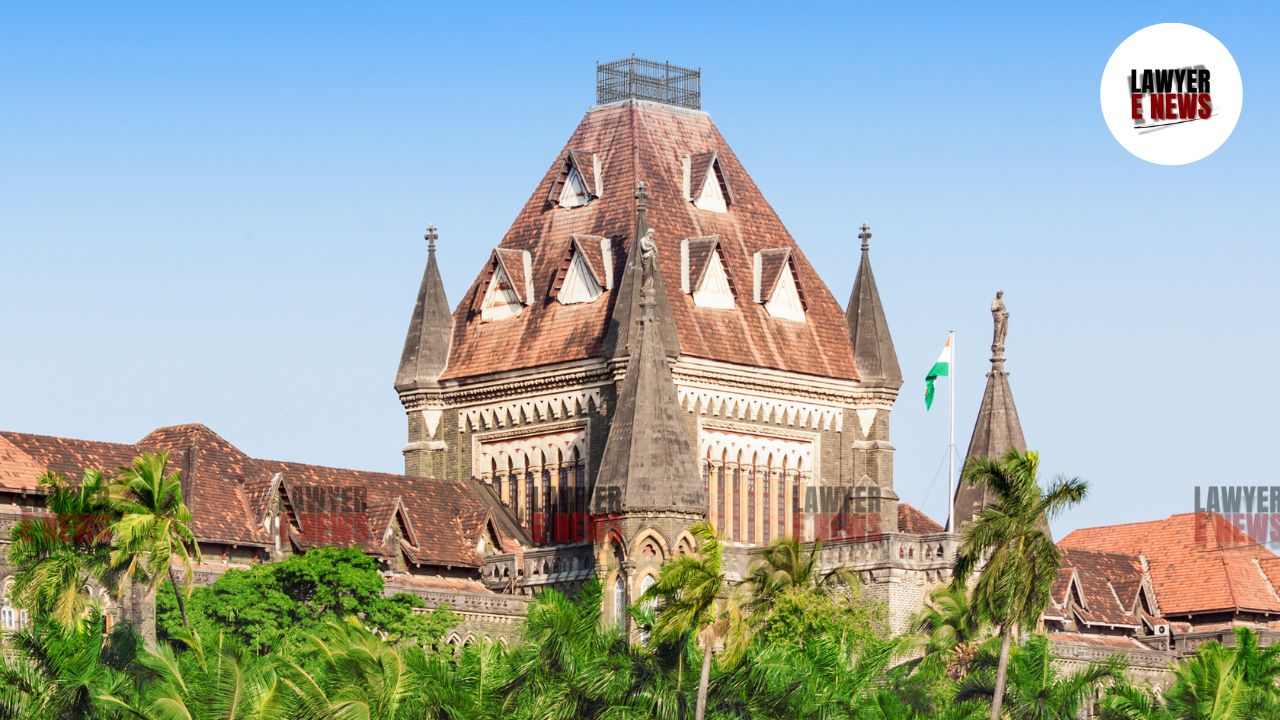-
by Admin
15 February 2026 5:35 AM



Non-Compete Clause Cannot Operate Post-Termination of Agreement, Void under Section 27 of Indian Contract Act - Bombay High Court set aside an interim injunction that had restrained the appellant, Indus Power Tech Inc., from sourcing products from another Indian supplier based on a non-compete clause in a terminated agreement. The court held that Section 27 of the Indian Contract Act, 1872, which prohibits agreements in restraint of trade, renders the non-compete clause void after the termination of the contract.
The case arose from a Master Supply Agreement (MSA) executed between Indus Power Tech Inc. (the appellant) and M/s. Echjay Industries Pvt. Ltd. (the respondent) on March 31, 2015. The MSA included a non-compete clause (Clause 3), which restricted both parties from conducting certain business activities with third-party suppliers during the term of the agreement and for 24 months after its termination. Following a dispute, the respondent terminated the agreement on January 27, 2023, and sought an injunction to prevent the appellant from sourcing products from an Indian supplier, RKFL, citing the non-compete clause.
The Single Judge of the Bombay High Court, in an order dated August 8, 2023, granted an injunction under Section 9 of the Arbitration and Conciliation Act, 1996, restraining Indus Power Tech from sourcing products from RKFL, pending arbitration. Indus Power Tech challenged this order, arguing that the non-compete clause became invalid post-termination under Section 27 of the Indian Contract Act, 1872, which voids agreements that impose unreasonable restraints on trade.
Validity of the Non-Compete Clause Post-Termination: The core issue was whether a non-compete clause that extended beyond the termination of the agreement could be enforced under Indian law, specifically in light of Section 27 of the Indian Contract Act, 1872.
Section 27 of the Indian Contract Act, 1872: This section invalidates agreements that restrain an individual from exercising a lawful profession, trade, or business. The appellant argued that the non-compete clause, if enforced post-termination, would unlawfully restrict their ability to trade.
New Legal Plea in Appeal: A notable aspect of the case was the appellant's introduction of the argument concerning Section 27 for the first time in appeal. The court had to decide whether this new argument, based purely on legal interpretation, could be admitted at the appellate stage.
The Division Bench of Justices A. S. Chandurkar and Rajesh S. Patil held that non-compete clauses are valid during the term of an agreement, but their enforcement post-termination amounts to an unlawful restraint of trade under Section 27. The court observed:
On Section 27: "Post-termination restraint on trade by way of a non-compete clause is void under Section 27 of the Indian Contract Act, 1872. While such clauses may be valid during the term of the agreement, they cannot extend beyond its termination." [Paras 10-14]
On the New Legal Plea: The court permitted the appellant to raise the Section 27 argument for the first time on appeal, holding that this was a pure question of law requiring no factual adjudication. The court cited established legal principles allowing such questions to be raised at any stage. [Paras 8-9]
On Previous Case Law: The court referred to the Supreme Court's judgment in Percept D'Mark (India) Pvt. Ltd. vs. Zaheer Khan and the Bombay High Court's judgment in VFS Global Services Pvt. Ltd. vs. Surrit Roy, which both held that post-contractual non-compete clauses amount to restraints on trade and are void under Section 27 of the Indian Contract Act. [Paras 10-12]
The Bombay High Court allowed the appeal and set aside the injunction granted by the Single Judge, concluding that the non-compete clause in the MSA was unenforceable after the termination of the agreement. The court clarified that Section 27 of the Indian Contract Act prevents any clause that restrains trade after the contract has ended.
The appeal was allowed, and the Arbitration Petition filed under Section 9 of the Arbitration and Conciliation Act, 1996, was dismissed. The court, however, granted a four-week period before the judgment would take effect to allow the respondent time to pursue further remedies if desired.
This judgment is an important reaffirmation of Section 27 of the Indian Contract Act, emphasizing that non-compete clauses cannot lawfully restrict trade after a contract's termination, regardless of whether the parties had agreed to such terms during the contract's currency.
The Bombay High Court's ruling in this case underscores the inviolability of the right to trade freely, as protected by Section 27 of the Indian Contract Act, 1872. The decision serves as a reminder that while parties may agree to non-compete provisions during the subsistence of a contract, any attempt to enforce such provisions after the termination of the contract will likely be struck down as a restraint on trade.
Date of Decision: October 17, 2024
Indus Power Tech Inc. vs. M/s. Echjay Industries Pvt. Ltd.
